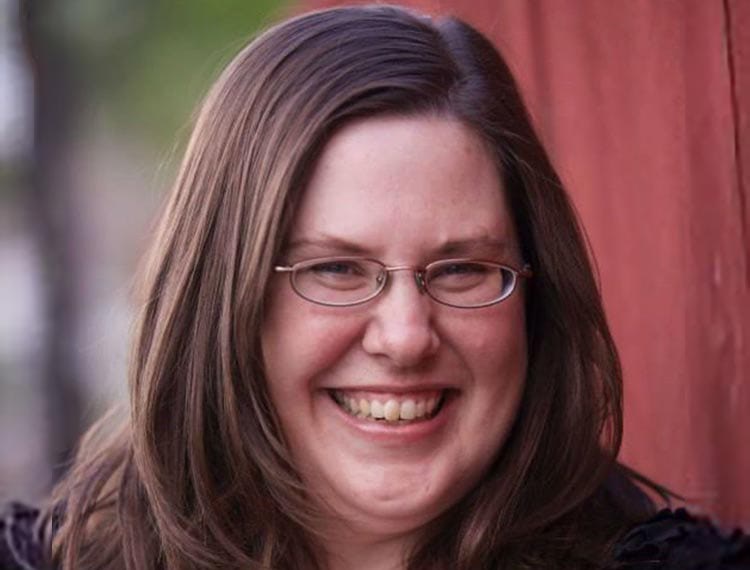Male university students aren’t taking responsibility for birth control

Male university students in America are largely absolving themselves of responsibility for contraception, even though they admit decisions about preventing pregnancy should be made jointly.
In one of the first studies to look at contraception from a male perspective, researchers questioned
44 men at a public university in western USA and found that while they said responsibility for preventing unwanted pregnancies should be shared equally, in practice they expect women to take care of birth control.
In a paper published in Culture, Health and Sexuality, Dr Laurie James-Hawkins, from the Department of Sociology at the University of Essex, argues that understanding the reasons behind this is crucial in getting men to face up to their responsibilities.
“While men largely agree that responsibility for sexual health decision-making should be shared with their partner, they also believe that women should have power over their own bodies. These two competing norms result in a disconnect between what men say and what they do and reinforces unequal power and inequality in sexual relationships,” she said.
The birth of the contraceptive bill in the 1960s gave women the freedom to control their own reproduction, but Dr James-Hawkins says it came with unintended consequences as it led to a pronounced cultural bias towards women as primarily being responsible for pregnancy prevention – effectively letting men off the hook.
Those questioned as part of the study confirmed this view, with many saying they deferred to the women’s wishes and relied on women to either take care of contraceptives or to initiate the contraceptive discussion.
“Two participants in the study attempted to reconcile the conflicting norms of equal responsibility and women’s bodily autonomy and came to the conclusion that society places the burden of responsibility for pregnancy prevention on women, even while promoting the ‘ideal’ of equal responsibility across gender lines,” added Dr James-Hawkins, who worked with Cristen Dalessandro from the University of Colorado Boulder and Christie Sennott from Purdue University in America on the study.












Responses